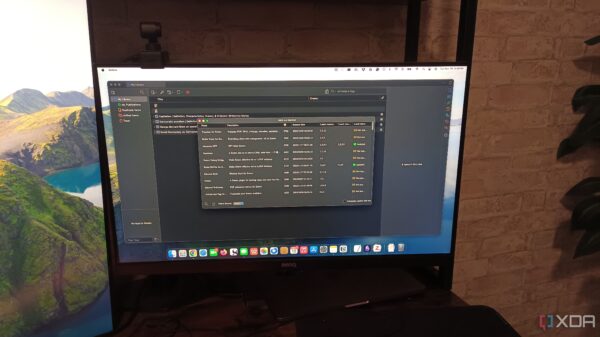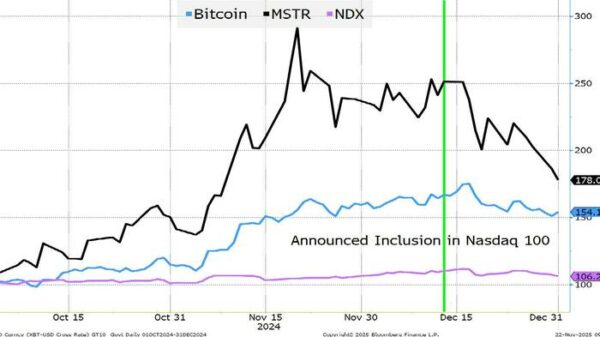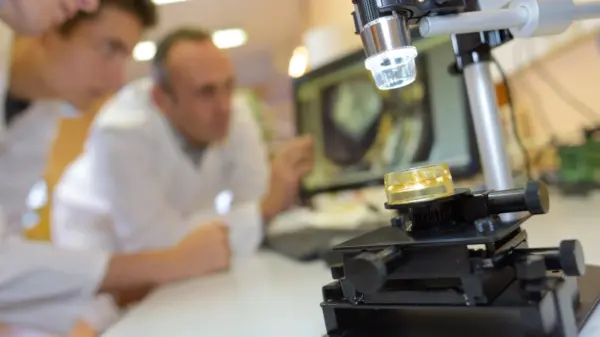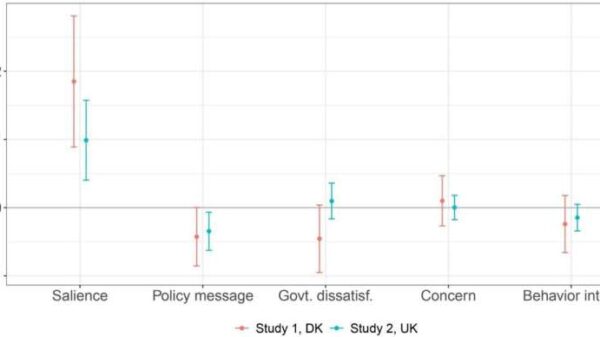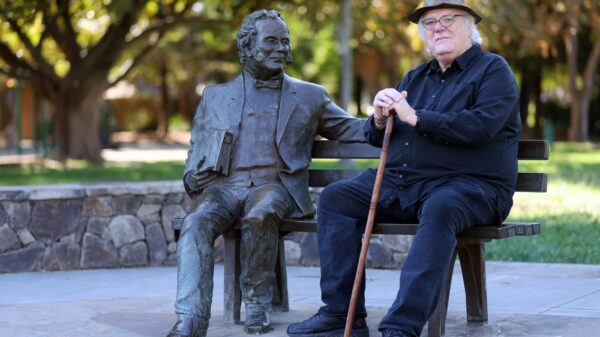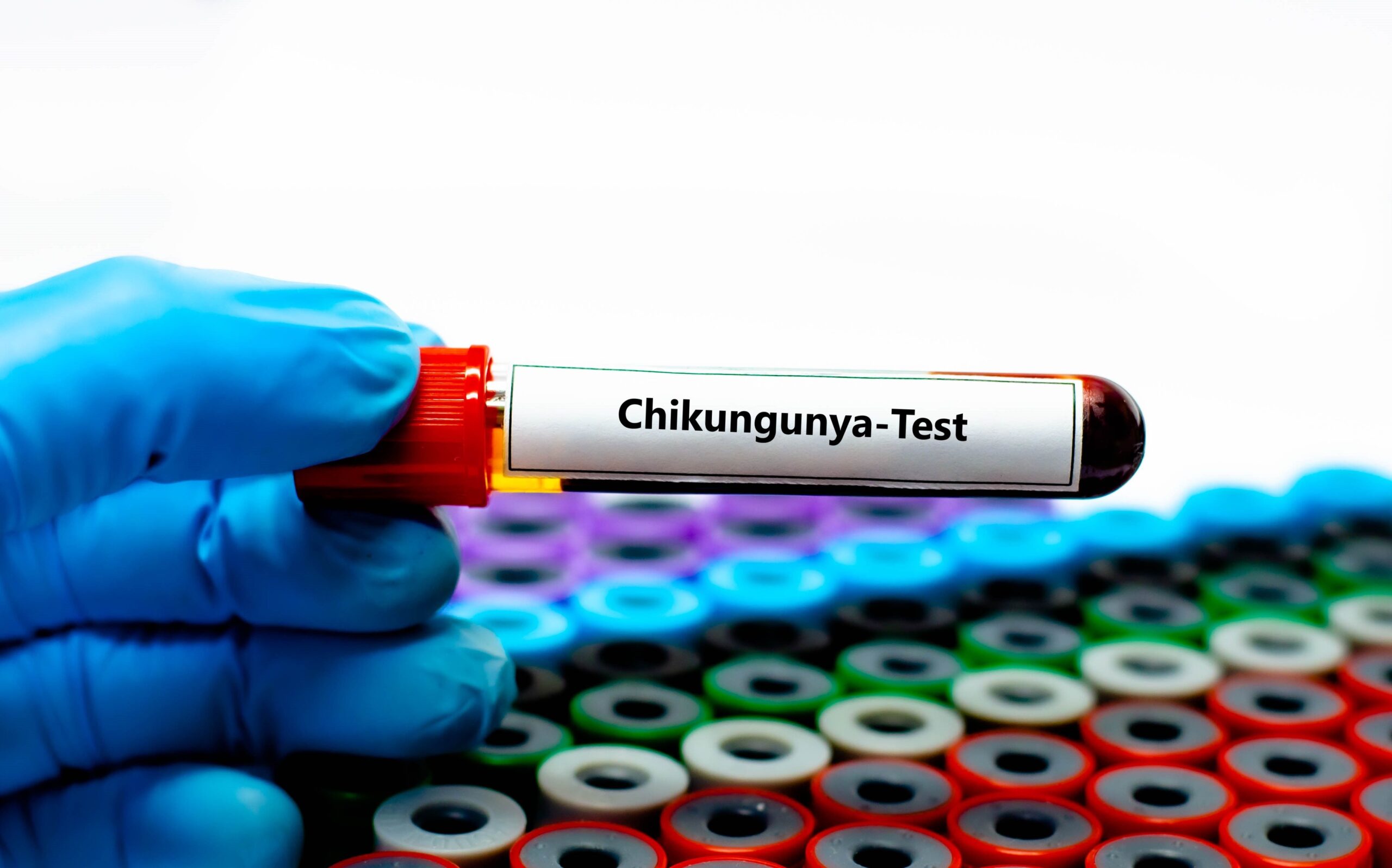On August 22, 2025, the U.S. Food and Drug Administration (FDA) announced the suspension of the biologics license for the chikungunya vaccine known as Ixchiq, developed by Valneva Austria GmbH. This decision came in response to significant safety concerns associated with the vaccine, which had been previously approved under an accelerated pathway in November 2023 for individuals aged 18 and older who are at high risk of exposure to the chikungunya virus.
Since its approval, Ixchiq has been linked to over 20 serious adverse events (SAEs), including hospitalizations and at least three fatalities. One particularly alarming case involved a patient who developed encephalitis, with the vaccine strain of the chikungunya virus detected in their cerebrospinal fluid, indicating possible direct viral replication related to the vaccine. This prompted a temporary halt in vaccinations for adults aged 60 and older on May 9, 2025, while further investigations were conducted.
Although the FDA lifted the pause on August 6, 2025, after enhancing safety warnings on the vaccine’s label, concerns remained. The updated labeling now advises caution for adults aged 65 and older, particularly those with chronic medical conditions who are more vulnerable to severe outcomes.
The FDA’s Center for Biologics Evaluation and Research ultimately determined that confirmatory trials had not yet established a clear clinical benefit for Ixchiq. The known and potential risks were deemed to outweigh the expected benefits under most scenarios, leading to the suspension of its license.
Ixchiq marked a significant milestone as the first FDA-approved chikungunya vaccine, highlighting its potential in combating a virus that poses a threat in over 110 countries. In pivotal clinical trials, the vaccine showed efficacy; however, it also reported that 1.6% of recipients experienced chikungunya-like symptoms that disrupted daily activities. Notably, two individuals required hospitalization due to adverse reactions.
Reports compiled in May 2025 revealed that among vaccinated individuals aged 62 to 89 years, there were 17 serious adverse events globally, including two deaths. One case involved an 84-year-old male who developed encephalitis, while another case involved a 77-year-old male with Parkinson’s disease whose health deteriorated after vaccination, leading to aspiration pneumonia and subsequent death. Of these serious cases, six were reported in the United States.
In light of these developments, the FDA and the CDC have underscored the importance of healthcare professionals, including pharmacists, carefully evaluating the risks and benefits of the vaccine for older patients. They emphasized the need for clinicians to report any suspected adverse events to the Vaccine Adverse Event Reporting System, and pharmacists are encouraged to educate patients, particularly those with underlying conditions, about the potential risks associated with the vaccine.
While Ixchiq faces intense scrutiny, another chikungunya vaccine known as VimKunya, developed by Bavarian Nordic, received FDA approval in February 2025 for individuals aged 12 and older. Data from Phase 3 trials demonstrated that 98% of participants developed neutralizing antibodies by day 22, with durable responses observed in 86% of recipients at six months. Notably, 87% of individuals aged 65 and older retained strong antibody responses.
Unlike Ixchiq, which employs a live attenuated virus, VimKunya utilizes a virus-like particle platform that may present a safer profile for vulnerable populations. As the landscape of chikungunya vaccination evolves, ongoing evaluations and research will be crucial in ensuring the safety and effectiveness of these vaccines.



